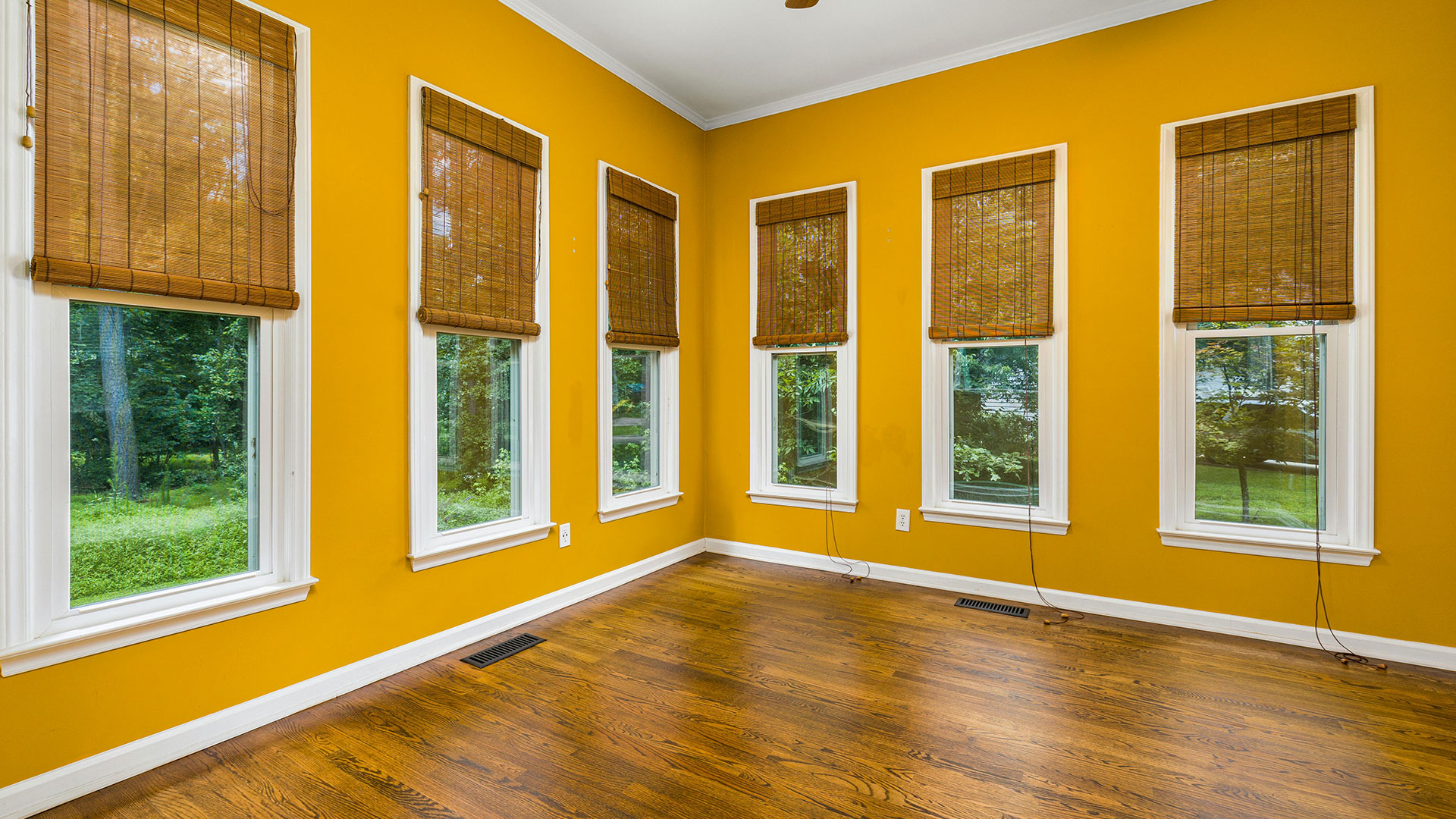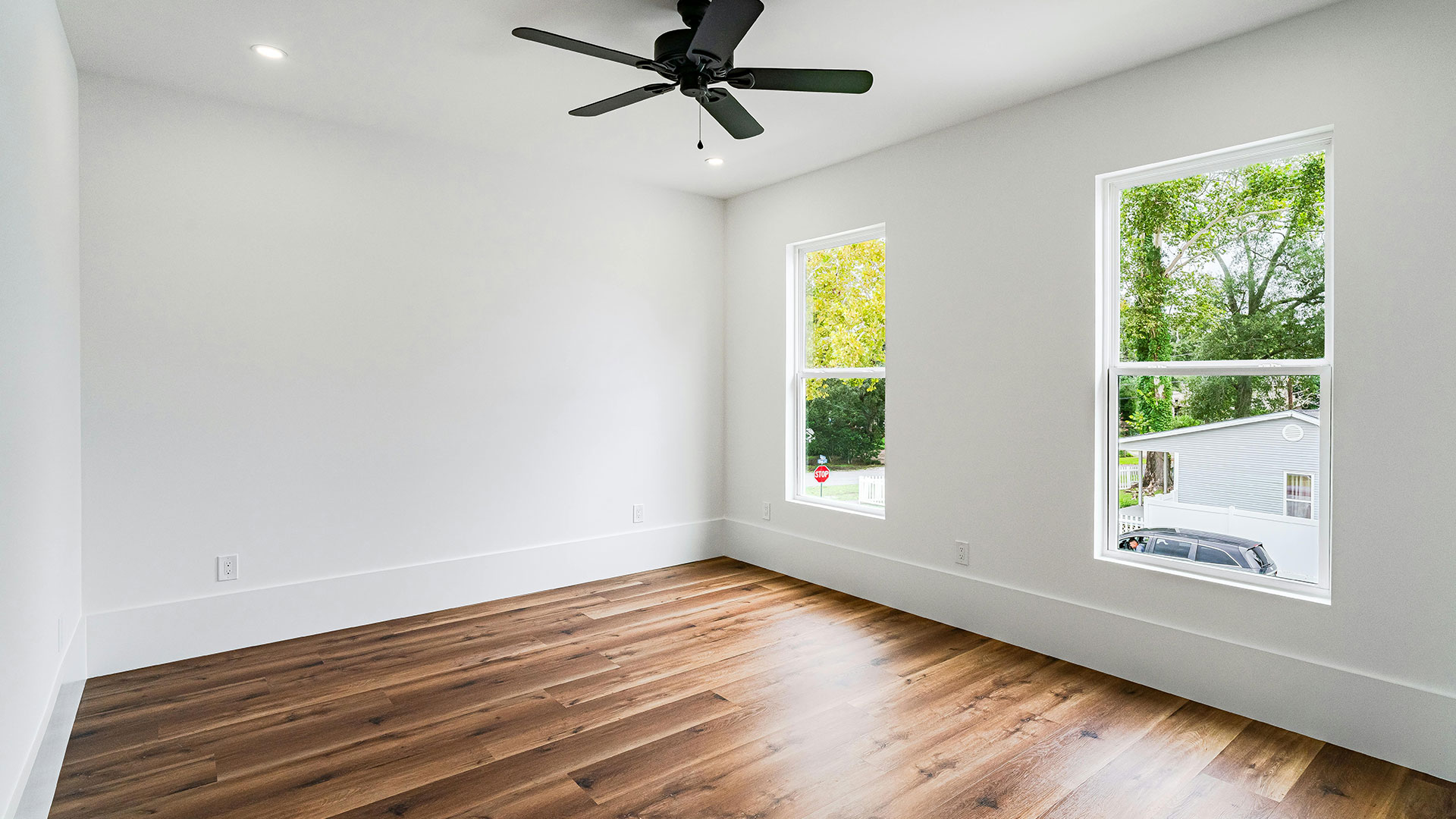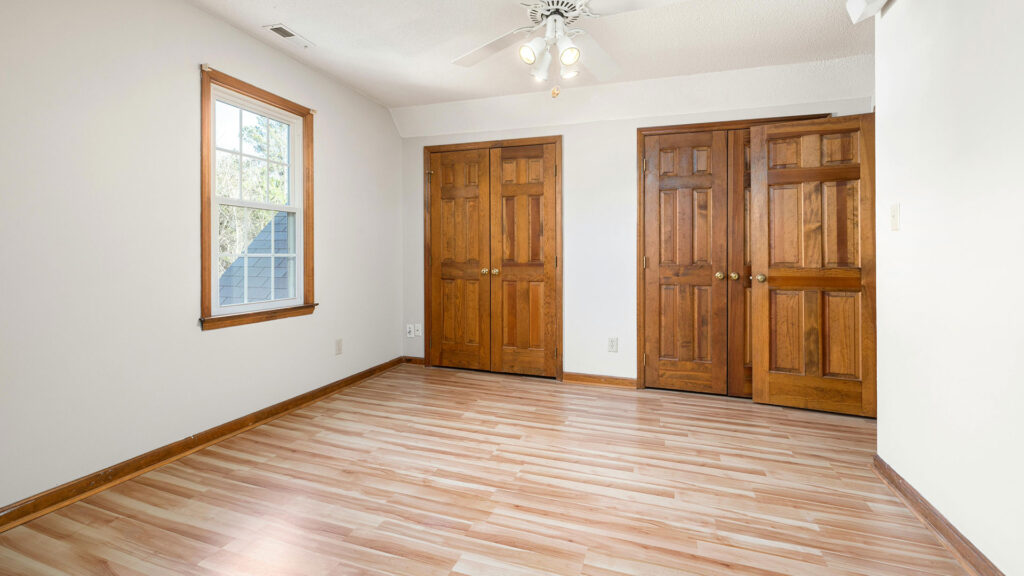Accessory dwelling units, or ADUs, are quickly becoming a game-changer for Bay Area homeowners. Tiny homes, in-law suites, home offices—you name it. These small additions pack big potential.
Thinking about adding one? Exciting. Overwhelming too. Permits, designs, costs…where do you even start? Don’t worry. You’re not alone. And yes, this is where Construction Remodeling in Bay Area comes in.
We guide you every step of the way. From the first blueprint to the finishing touches. Our team knows the Bay Area like no one else—local codes, neighborhood styles, zoning quirks. All covered.
ADUs aren’t just about extra space—they’re about flexibility. Need rental income? Space for a teen? A cozy home office? An ADU does it all. And when built right, it adds real value to your property.
Here’s the truth: many homeowners underestimate the planning and detail that goes into an ADU. That’s where having experts like Construction Remodeling in Bay Area makes a huge difference. We handle permits, inspections, and even help you pick designs that actually make sense for your lifestyle.
In this guide, we’ll break down everything: planning, design, permits, materials, costs, and expert tips. By the end, you’ll know exactly how to make your accessory dwelling unit Bay Area project stress-free and successful.
Key Takeaways
- ADUs maximize your property’s potential without moving.
- Proper planning prevents costly mistakes with design, permits, and construction.
- Choosing durable, weather-proof materials ensures your ADU lasts.
- Hiring local experts like Construction Remodeling in Bay Area simplifies the process.
- ADUs provide flexibility: extra income, guest suites, or home office space.
Why Accessory Dwelling Units Are Trending in the Bay Area
Accessory dwelling units are booming. And there’s a reason. Space is limited. Housing costs are high. People need creative solutions. ADUs offer a smart, modern fix.
Benefits Beyond Extra Space
Extra space is obvious. But ADUs also boost property value. They provide rental income opportunities. They accommodate multi-generational living. Or they become a private workspace—perfect for remote work trends.
Take Jane from Oakland, for example. She built a small ADU behind her home. Now, her adult son has his own space, and she earns rental income each month. It wasn’t huge—just a cozy 500 sq ft unit—but it changed how her family used their property.
ADUs and Local Regulations
Bay Area cities love ADUs—but permits matter. Each city has unique requirements: square footage limits, setbacks, parking rules. Hire someone who knows the rules. Mistakes can cost thousands in fines or redesigns. Construction Remodeling in Bay Area handles this daily. They know the forms, inspections, and timelines—saving you headaches.

Planning Your Accessory Dwelling Unit Bay Area
Assess Your Needs
First, ask: what do I want this ADU to do?
- Rental income?
- Space for family?
- Office or studio?
- Short-term Airbnb?
Your goals shape everything: layout, plumbing, electrical, and finishes. It also affects your budget. Don’t start with a generic floor plan—you want a space that actually works for you.
Budgeting Smart
ADU costs vary. Simple studio? Smaller footprint, lower cost. Full one-bedroom with kitchen? Higher. Don’t forget soft costs: permits, design fees, inspections. Always add 10–15% contingency—construction surprises happen.
For instance, if your permit unexpectedly requires an upgraded fire suppression system, you’ll be glad you planned ahead. Planning your budget prevents unpleasant shocks later.
Choosing the Right Materials
Bay Area weather is tricky. Sunny summers. Rainy winters. Coastal winds. Use durable materials:
- Moisture-resistant flooring
- Energy-efficient windows
- Weather-proof siding
These choices pay off long-term. Your ADU lasts, stays low-maintenance, and looks good. Think of it like insurance—spend a little more now, save a lot later.
Design Tips for a Functional ADU
Layout Matters
Small doesn’t mean cramped. Smart layouts maximize every inch. Open floor plans, built-in storage, multi-purpose furniture—these are game-changers.
A fold-out Murphy bed or sliding door closets can double usable space. Even tiny ADUs can feel spacious if designed thoughtfully.
Natural Light & Ventilation
Windows aren’t just for looks. They improve energy efficiency and comfort. Skylights or sliding glass doors bring in light without sacrificing privacy.
Don’t forget ventilation. Proper airflow prevents mold, keeps temperatures comfortable, and makes a small space feel larger.
Outdoor Integration
Even small patios or decks expand living space. Think privacy screens, small gardens, or shared courtyards. Outdoor living areas create a sense of freedom and increase overall property appeal.
Construction Considerations
Local Expertise is Key
You need pros who know local codes, contractors, and inspectors. Construction Remodeling in Bay Area brings that expertise. They handle everything: permits, inspections, contractors, and timelines.
They can also spot hidden challenges—like grading issues or foundation problems—that may trip up DIY builders.
Timeline & Process
Most ADUs take 4–6 months. Bigger units? Longer. The process:
- Initial consultation
- Design & permit applications
- Site prep & foundation
- Framing & utilities
- Interior finishes & inspections
- Final walkthrough
Regular updates and clear communication keep stress low. You’ll always know what’s happening next.
Cost vs. Value
ADUs aren’t cheap, but they add value. Rental income offsets costs over time. They increase resale value. And they provide flexible living solutions.
For example, a $150k ADU could easily rent for $1,800/month in some Bay Area neighborhoods—paying itself off in less than 10 years.
Why Hire Construction Remodeling in Bay Area
Not all contractors are equal. You want someone:
- Experienced in local ADU projects
- Knows Bay Area zoning & permits
- Offers transparent quotes
- Provides guidance from design to finish
They handle the heavy lifting. You focus on vision. No surprises. No stress. Construction Remodeling in Bay Area also helps clients with design inspiration, material selection, and energy efficiency upgrades—making your ADU modern and sustainable.

FAQs About Accessory Dwelling Units Bay Area
1. How big can my ADU be?
Varies by city. Typically 400–1,200 sq ft. Local zoning rules apply.
2. Can I rent it out immediately?
Depends on permits. Usually yes, once inspections are approved.
3. Do I need parking for an ADU?
Some cities require one extra space. Others have waivers. Check local codes.
4. How long does construction take?
Simple units: 4–6 months. Bigger or custom builds: 6–9 months.
5. Are ADUs expensive to maintain?
With proper materials and design, maintenance is minimal. Energy-efficient options reduce utility costs too.
Conclusion
Accessory dwelling units are more than extra space—they’re freedom. Flexibility. Value. Whether for family, rentals, or home office, a well-designed ADU transforms how you live.
The key: hire the right team. Construction Remodeling in Bay Area knows the local rules, design tricks, and materials that last. They make your ADU project smooth, smart, and beautiful.
Thinking about an accessory dwelling unit Bay Area or even exploring living room remodeling in Washington or living room renovation in Washington for inspiration? Local experts make all the difference. The right team handles permits, designs, and unexpected challenges, so you get peace of mind and a space you love.
Invest now. Live better. Boost your property’s value.
Call to Action
Ready to maximize your Bay Area property with a smart ADU? Contact Construction Remodeling in Bay Area today for a free consultation. Let’s plan your accessory dwelling unit Bay Area project—stress-free, stylish, and built to last.


